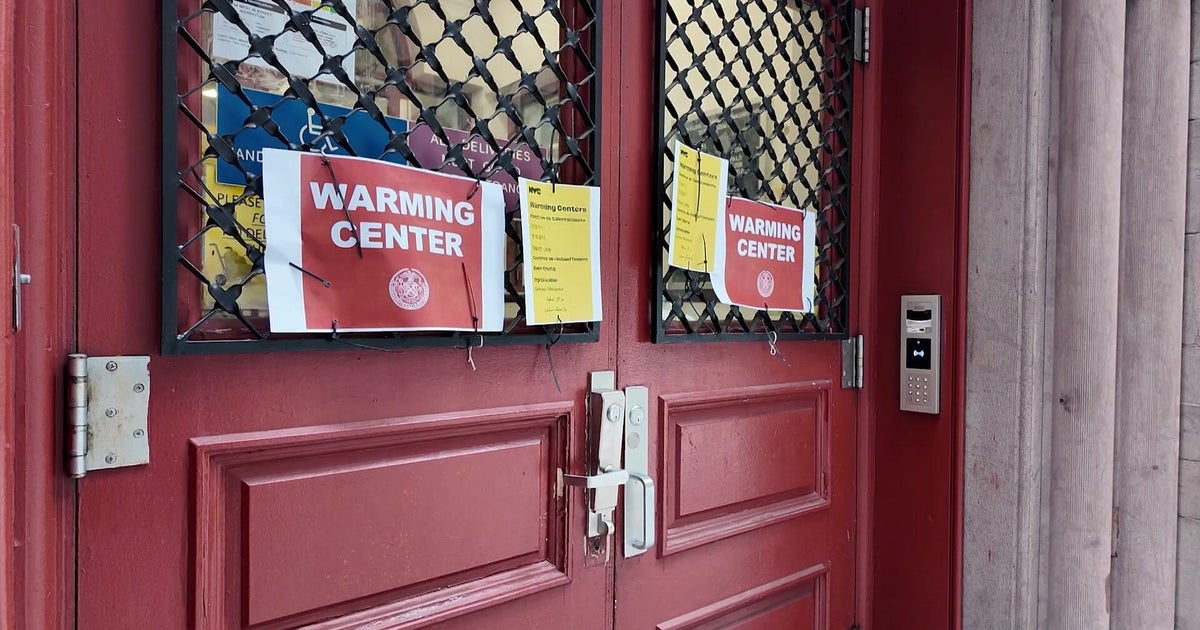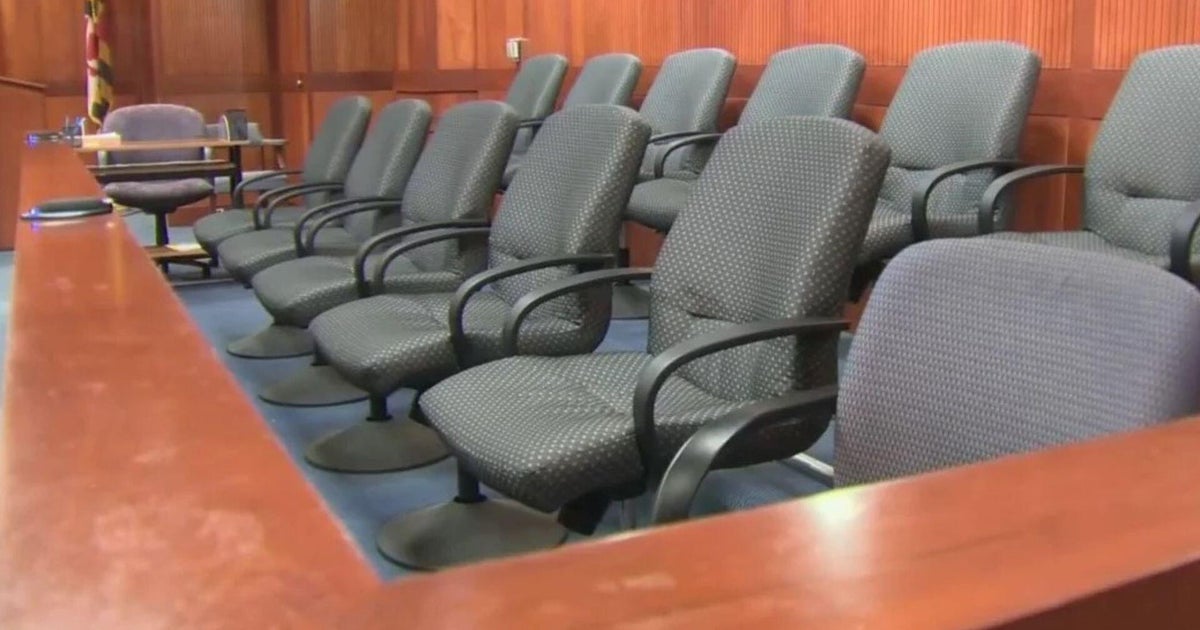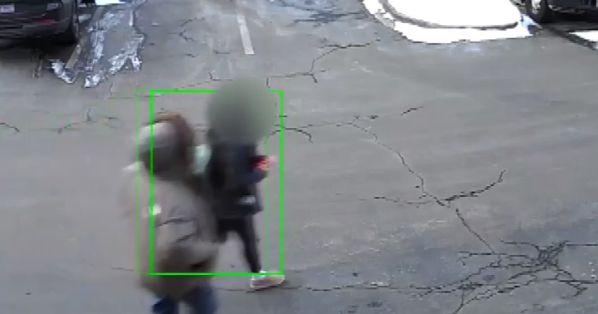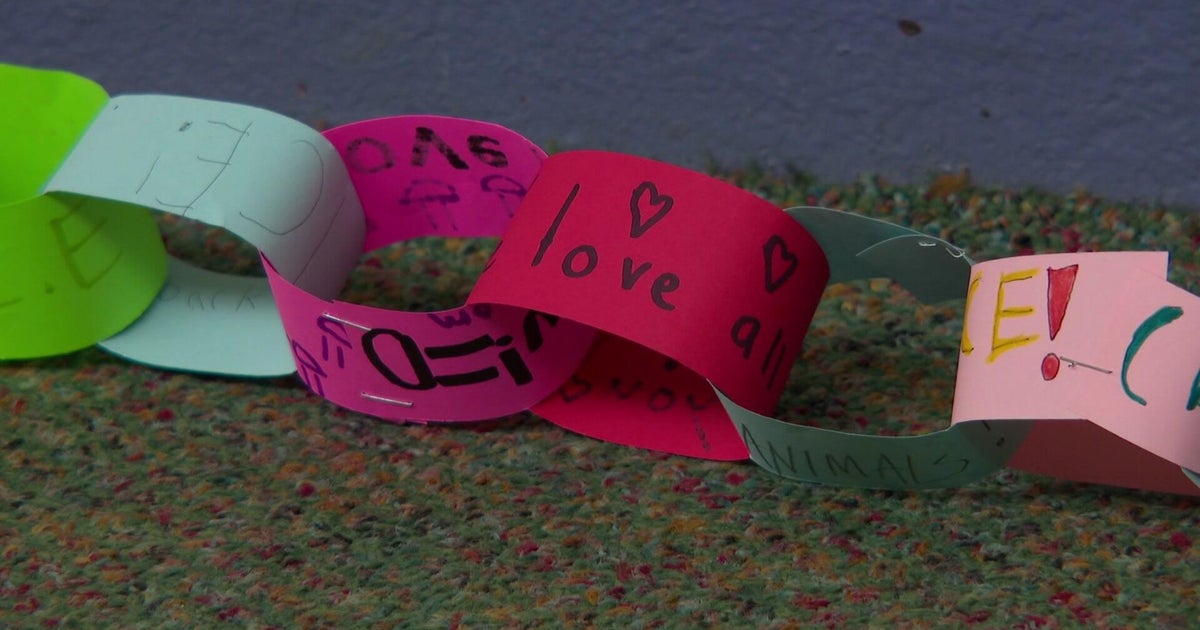Cell Phone Hacking A Dangerous Reality
NEW YORK (CBS 2) -- Nowadays, people use their cell phones for a lot more than chatting. You can shop, bank or even pay the bills – all from the palm of your hand.
In fact, 40 percent of Americans now use a cell phone to surf the Web, e-mail or instant message. But as we become more accustomed to convenience, we become more susceptible to the danger that comes from storing personal information online.
Michael Gregg is what's known as a "white hat" hacker. He helps companies and consumers keep all of their valuable information safe.
"The real concern is, you start to have banking information, personal information, other sorts of data on the cell phone," he said, adding that every phone operating system can be and has been hacked.
"The hackers are always really one step of everyone else," Gregg said. "They're going where the money is."
And it's happening across the country. Cell phone usage has increased identity theft and spying. Even major banks have been put at risk – no one is immune.
Gregg showed CBS News Business and Economics Correspondent Rebecca Jarvis how a hacker could spy on an iPhone owner's every online move, using just a laptop and free WiFi.
"Whatever you're saying or doing may not be as private as you think," said Gregg, who hacked into iPhone user Charlie Wilson's handheld device, showing Jarvis how easy it is to obtain someone's credit card number.
One trick used by hackers is called Caller I.D. spoofing – and Gregg showed CBS 2 how it was done. He used the technique to make it look like the phone call coming into Wilson's cell phone was from his boss – but it was actually from Gregg.
"That could be used, for example, for me to make a call to you and call from your bank and ask for information, a pin number, and other types of data," he said.
Another frightening security flaw? Hackers can break into voicemails left on some AT&T phones, especially if they're not protected by a password.
The bottom line: You can't afford to take cell phone security for granted.
"Cell phones are really like mini computers today," Gregg said. "The same kind of precautions you'd want to use when using a computer or laptop are the same type of precautions you'd want to use when using a cell phone or a smartphone."
Some smart steps to take:
-- Set up a voicemail password to make it more difficult for someone to break in.
-- If you're going to shop or bank line, do it over a secure network – free WiFi access points are much riskier.
-- Don't download apps from unknown sources, as some have been accused of gathering personal info.
If you think your cell phone has been hacked, contact your phone company, bank or credit card company and them know your information may have been compromised. Do not contact them by e-mail or use the hacked phone to do this. Instead, use a different phone or make the trip in person.







